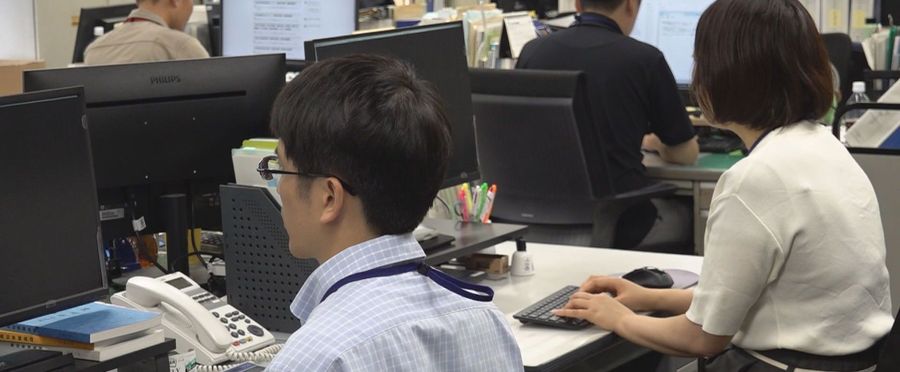Concerns rise among experts as a prefectural ordinance has been introduced in Japan to pay 1.5 times the normal wage for overtime work. The law intends to improve conditions for employees and mitigate Japan's notorious overwork culture. The effectiveness and impact of this law on businesses, particularly small and midsize enterprises, are being closely monitored. While some believe that it will encourage fairer work culture, critics argue that it may place undue financial stress on firms.
Overtime work beyond the legal limit is a critical issue in Japan, where burnout and karoshi (death from overwork) are familiar social problems. The workforce has been fighting for better labor conditions and stricter regulations on working hours. This new law reflects these changes, though provoking mixed reactions. Some see it as a sign of progress, while others worry about the potential burden on businesses.
In contrast, in the U.S. and EU, overtime laws have long been established, with employees receiving 1.5 to 2 times their regular pay for overtime. The implementation of such a law in Japan signifies progress in workers' rights, but the controversy signals differences in work culture between Japan and these regions.

